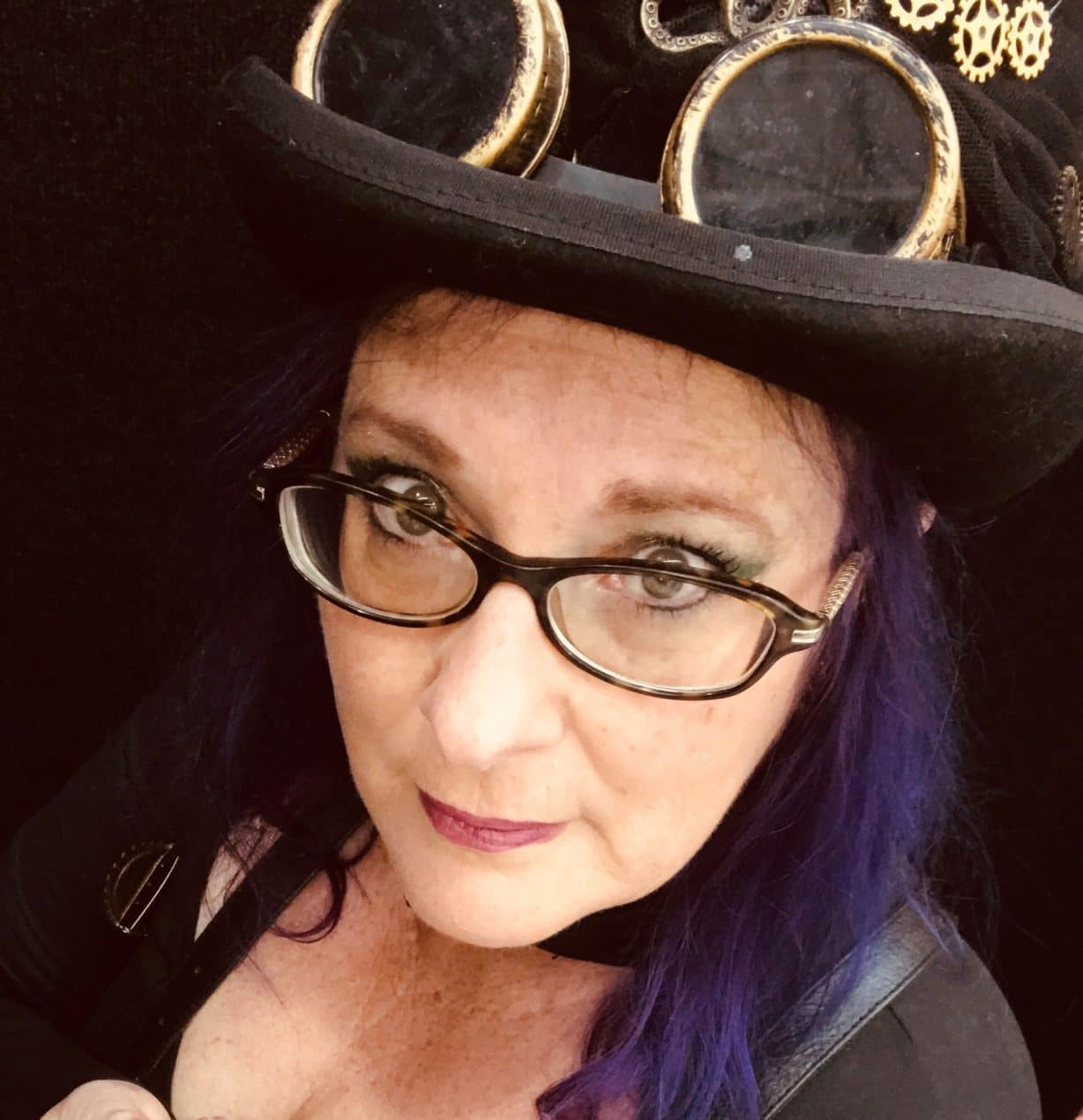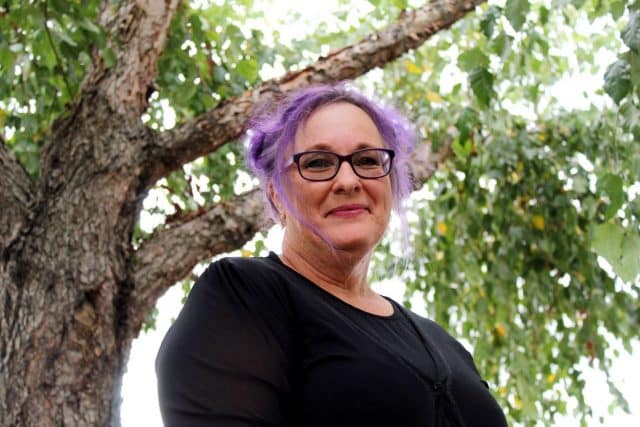
Dianne McLean
Autistic burnout is a hot topic in the autistic community, writes Dianne McLean.
6 October 2020 – Jokes aside, for many of us burnout is very real and may have led to us receiving our formal diagnosis. Although, we may be grateful that going through burnout had a positive outcome, it is without doubt distressing and disruptive and not something we want to go through if we can avoid it.
The fact that burnout keeps coming up in blog posts, memes and articles tells me that this is an important topic for us. It would be difficult to find an autistic person who hasn’t experienced this phenomenon at some stage of their life and some of us experience it regularly.
Personally, I have experienced episodes of burnout throughout my life. Roughly one serious event for every decade of my life. For most of that time, I had no idea the likely cause was trying to manage life as an undiagnosed autistic.

Dianne McLean. PHOTO: Kelley Tantau © Valley Profile
For me, the amount of energy needed to navigate the allistic* world and to keep up the appearance of fitting in was (and still is) overwhelming. I just wore myself out on a regular basis, making myself so sick in the process, I needed extended time off life to recuperate. During one episode my parents had to come and look after my house and my children because I was too sick to manage the everyday tasks of running the household.
One of the frustrating things for me was often there was often no medical reason to be found, not one that could be quantified in a blood test, anyway. One doctor said to me as he handed me a medical certificate giving me indefinite time off work, ‘you’re obviously very unwell and something is going on with you, but I can’t find a medical reason so I’m giving you time to go home and rest and hopefully you’ll begin to feel better.’
That was a reasonably positive interaction with a medical professional. Mostly I was misdiagnosed as depressed and given medication which made no difference to my overall wellbeing.
There are different reasons why someone may experience a period of burnout, not all of them related to autism, such as working too hard for too long, going through stressful life events with inadequate support.
Autistic burnout is related specifically to exhaustion brought about by the difficulties arising from autism itself.
And that is the trouble with autistic burnout, not only is it experienced differently by each individual going through it – much like autism itself – but the things that are overwhelming to an autistic person are not things the allistic community are likely to see as problems.
An excellent example would be the everyday chore of the weekly supermarket shop. Most people (the ones I know, anyway) detest supermarket shopping but for many autistic people – myself included – the supermarket is the special kind of hell reserved for those who eat potato chips in bed.

Doing all we can to conserve our energy resources, such as shopping online, for example, is one thing. It is very important to practice self-care, to ask for accommodations at work and to be honest and open about our support needs – not always easy to do, I know, but I have found living a more authentic autistic life to be tremendously helpful in mitigating the stress of navigating the allistic culture around me. Not everyone understands, but I have found enough empathetic people who actively listen and choose to step inside my world to make being open and honest worthwhile.
But this is only part of the picture. While it is useful and valuable to be proactive in safeguarding our precious energy reserves, the other part of the story is the need for greater understanding amongst medical professionals and others in the autism community.
We may only be now putting a name to it, but autistic burnout is not new. It will have been around as long as there have been autistic people, especially among the so called ‘high functioning’ individuals adept at masking, and it won’t be going away any time soon. And yet, it is only recently that researchers have begun to study this phenomenon to try and define it and to understand its affects on autistic people.
This is a very positive step in the right direction.
Hopefully, this research will answer important questions about how autistic burnout differs from other causes of burnout, how it impacts the lives of those who experience it and what markers doctors could use to diagnose it. Greater understanding about how it presents will lead to improved support for those who are suffering a burnout and much improvement in targeting interventions that really work instead of sending a patient home with a prescription for anti-depressants and failing to address the underlying causes.
Personally, I’m pleased to see resources being channelled into research that could be of actual benefit to autistic people instead of the futile search for causes and ‘cures’. I see this as a moment in time that could be marking a shift in the attitudes of the scientific community, that till now have seemed indifferent to the wishes of the #ActuallyAutistic community. Now is the right time to reopen honest conversations with our doctors and others who support us.
Not everyone will be comfortable talking to groups, large or small, of professional people but now is the time for the everyday, garden variety autistic to begin sharing about our real lived experiences. A large fire can begin from a small spark and we shouldn’t underestimate the power of each person talking about autism to one or two others.
Talking about burnout and how it has impacted our lives will foster understanding and interest in this as a topic for further research and interventions that will lead to greater understanding and inclusion.
- Dianne McLean is a late diagnosed autistic author who lives in Thames where she happily indulges in her love of all things ‘steampunk’.
- Allistic means ‘not autistic’.
- This article first appeared in the Altogether Autism Journal, 2021


